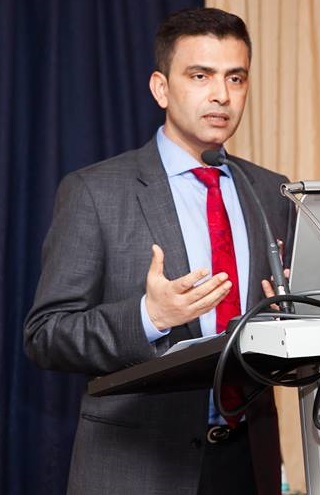
India has defended its controversial Citizenship Amendment Act (CAA), which is accused of being discriminatory to Muslims, from the UN Human Rights Council which have lodged an intervention application requesting that India’s Supreme Court register their opposition to the bill.
Since the bill's passage on 11 December, there have been widespread protests across India lead mostly by Muslims and students. These protests have been met with brutal violence and since the passage of this bill over 75 people have been killed. Last week, 47 people were killed and many mosques and Muslim homes and businesses were burned by Hindu nationalist mobs.
The CAA allows for non-Muslim minorities from India’s neighbouring Muslim countries, who have arrived in India before 2015, to acquire Indian citizenship. Al Jazeera notes concerns that this bill alongside, a proposed National Register of Citizens (NRC) and the ongoing National Population Register (NPR) aim to marginalise the approximately 1.3 billion Indian Muslims.
Raveesh Kumar, India’s Ministry of External Affairs spokesman, defended the bill on the grounds of national sovereignty claiming;
"The CAA is an internal matter of India and concerns the sovereign right of the Indian Parliament to make laws. We strongly believe that no foreign party has any locus standi [rights] on issues pertaining to India's sovereignty"
Al Jazeera reports that close to 140 petitions have been launched by Muslim groups, opposition parties and activists who claim that this bill violates India’s secular constitution and roots. The Supreme Court will consider opposition voices next week.
Read Al Jazeera reporting here.




